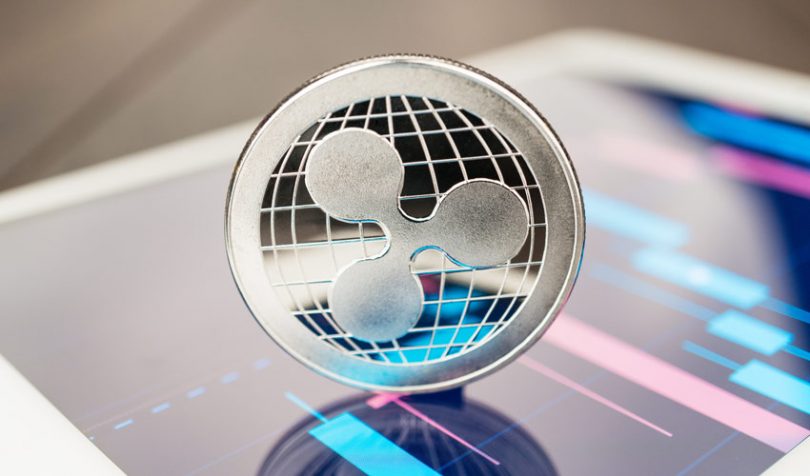On the 11th June, Ripple announced the launch of operations in Brazil. The US firm known for its use of blockchain for global payments plans to expand its reach in South America.
Ripple aims to reduce the cost and complexity of moving money internationally. It has two elements of functionality. The first is a messaging system which is far more modern in comparison to SWIFT, which means that bottlenecks are resolved quickly. This can be used for conventional bank payments, but incorrect details are resolved rapidly.
The second is the XRP token, which enables almost instant transfers. So far, the majority of adoption is the messaging aspect. Ripple also claims that failure rates and exchange costs are much lower.
This week’s announcement comes as the firm’s payment network, RippleNet, is being showcased at Brazilian technology conference CIAB Febraban.
“In January, Ripple surpassed 200 customers on RippleNet. The company is experiencing rapid customer growth across all markets, and is launching in Brazil in response to high customer demand in South America,” explained Ripple’s SVP of Global Operations, Eric van Miltenburg.
Those 200 customers already include over a dozen in the country, such as Santander Brazil, one of the nation’s largest banks, and BeeTech, a digital payment platform recently selected for a Visa accelerator. Santander has seen a dramatic drop in clearing times, from days to seconds. Meanwhile, BeeTech was able to reduce its payment fees from $20 to $2.
On average, Ripple says it’s adding two or three financial clients to RippleNet each week. Luiz Antonio Sacco, the new Managing Director for South America, stated: “We’re excited to grow our ecosystem in the region and bring additional financial institutions onto RippleNet to help provide excellent, efficient cross-border payment experiences for their customers.
“Brazil is a leader in fintech innovation and positioned to forge a path for the rest of South America to follow.”
Tuesday’s announcement also points out the work of the Brazilian universities involved in Ripple’s University Blockchain Research Initiative (UBRI), launched last year. The UBRI funds professors at Fundação Getulio Vargas and the University of São Paulo to support their work in blockchain development.
Earlier this month, the Bank of International Settlements published its report on the declining use of banks for cross border payments. While this is mainly the result of fintechs such as Transferwise, it also suggests people are now more likely to use cryptocurrencies such as XRP. Indeed, Ripple recently signed up Ria Money Transfer to its payments network and invested in gaming startups to broaden the use of XRP.
Back in April, Ripple’s partner in international payments, Earthport, was involved in a tense bidding war between Visa and Mastercard, with bids reaching five times the pre-takeover price. Earthport helped Santander to develop the first application that leveraged Ripple.






